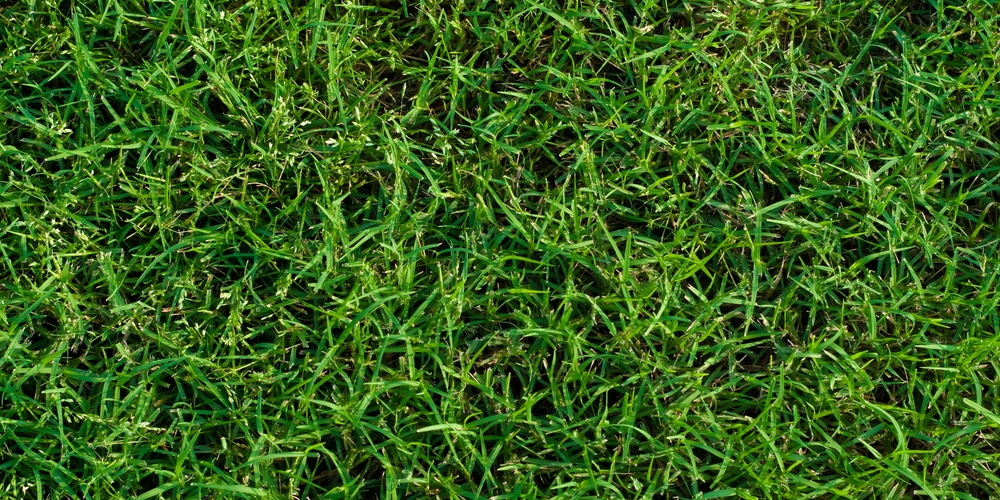Bermuda grass is a warm-season lawn that spreads fast and is known for its aggressive behavior. The grass looks appealing and is the ideal option for many gardens. However, if you are thinking about replacing it with something else, you might encounter a couple of challenges.
Indeed, Bermuda grass grows fast and can quickly take over your garden. The best way to kill it is to choke it out. Alternately, you can use a selective herbicide. However, the application might damage other grass varieties you may have and can cause you to have a bare lawn for a while. By adding another type of turf, you can eliminate Bermuda and substitute it with less aggressive grass. But can fescue choke out Bermuda? And if yes, what can you do to make this process more effective?
If you need to find answers to these questions, you are in the right place. In this essential guide, you’ll find all you need to know to take rid of bermudagrass. You may have to try a couple of methods before getting satisfactory results. However, be patient: with the proper steps, you’ll be able to have a healthy lawn!
Bermuda Grass Characteristics

Bermuda grass is a type of lawn that appears in most golf courses and lawns. While it is hardy grass, planting it might be a mistake, especially if you don’t like the idea of suffering to eliminate it.
Some gardeners consider it invasive because of its characteristics. Under ideal conditions, this lawn can spread and overtake your garden. That might come in handy if you are not a fan of taking care of your grass. However, it can become a nightmare when you substitute it with something else.
How to Kill Bermuda Grass
Bermuda grass killer can help you control this perennial and eliminate it to allow you to plant another type of grass. Apply it in the spring or fall, depending on your weather conditions. Always follow the instructions on the product’s label for the best results.
Alternatively, consider polarization. This process works best in warm areas where summers are hot and bright. Too much direct sunlight will eventually kill Bermuda grass, allowing you to remove it from your garden once and for all. However, this method requires lots of patience. If you can’t wait for the sun to “bake” your grass, you must consider another way to eliminate it.
If you live in a dry region, you may have better luck eliminating your Bermuda grass through cultivation. This lawn’s roots aren’t tolerant to the heat: by plowing your soil to a depth of around six inches, you’ll expose them to the summer’s hot temperatures that might cause them to dry and eventually die.
Don’t forget that the results of this process are long-lasting but not immediate: you may have to repeat cultivation every two weeks for a couple of months to ensure the removal of all the grass rhizomes.
You can also choose out Bermuda grass by mulching. Use a landscape fabric for best results. If you don’t have that on hand, you can also smooth the grass root system using a piece of cardboard.
Can Fescue Choke Out Bermuda?
But what about choking out Bermuda with another type of lawn? Well, the good news is that, with suitable grass, you might get satisfactory results. If you have a fescue lawn, you can attempt to choke Bermuda out. However, you will have to promote its elimination by using a suitable herbicide. Ensure you apply a product that only works against Bermuda without damaging your fescue.
Also, after you sow your fescue, commit to mowing your lawn more often. Doing so will encourage fescue grass to grow thick and full and ultimately overtake Bermuda. Don’t forget to water your grass to ensure you get satisfactory results.
Can Fescue Choke Out Bermuda?: The Bottom Line
While installing Bermuda grass in your garden might sound like an appealing idea, if you know you’ll want to try out other types of lawn, you should reconsider yourself. This aggressive type of lawn can be challenging to get rid of. But if you planted Bermuda grass in your garden, don’t worry.
The good news is that you can plant fescue and naturally eliminate Bermuda grass. But don’t be fooled: selective herbicides will give you the most effective results.
Related Article: When is the Best Time of Year to Plant Fescue?
